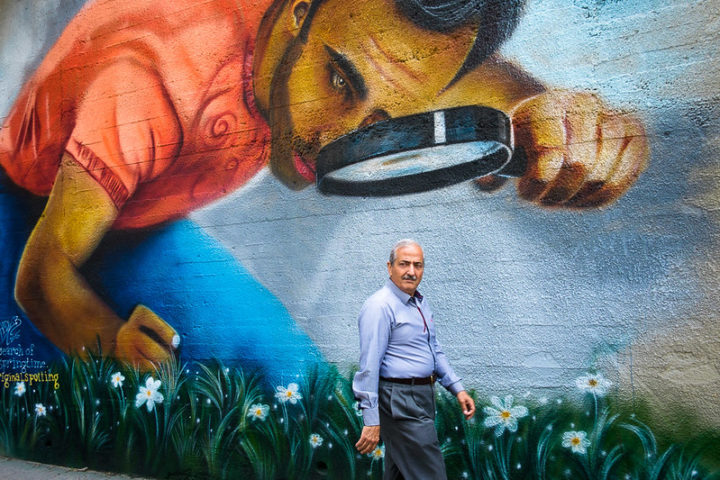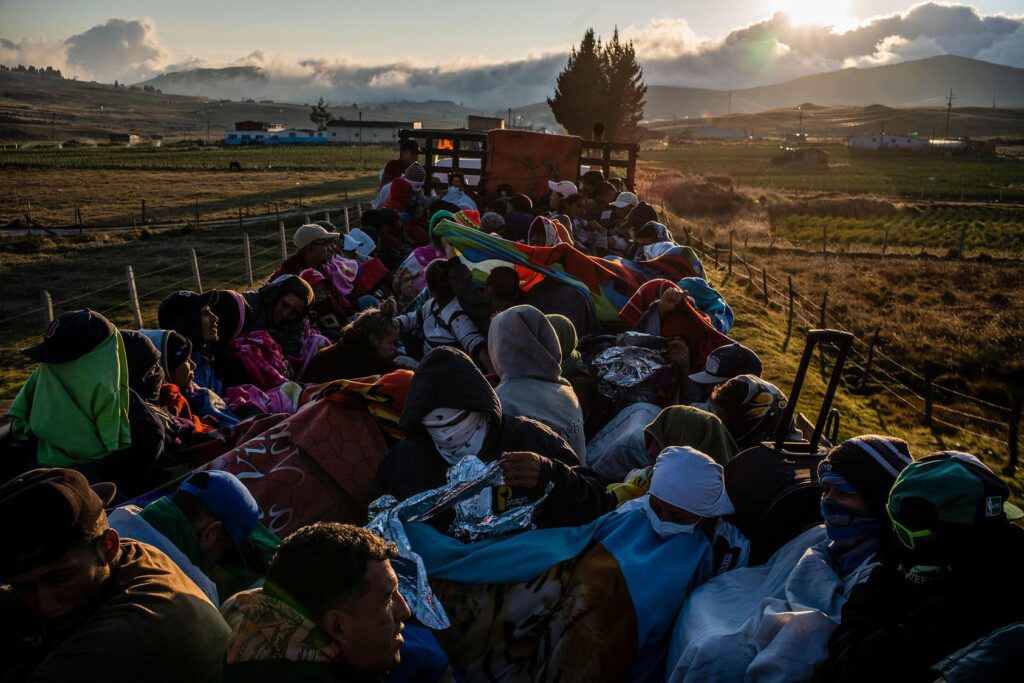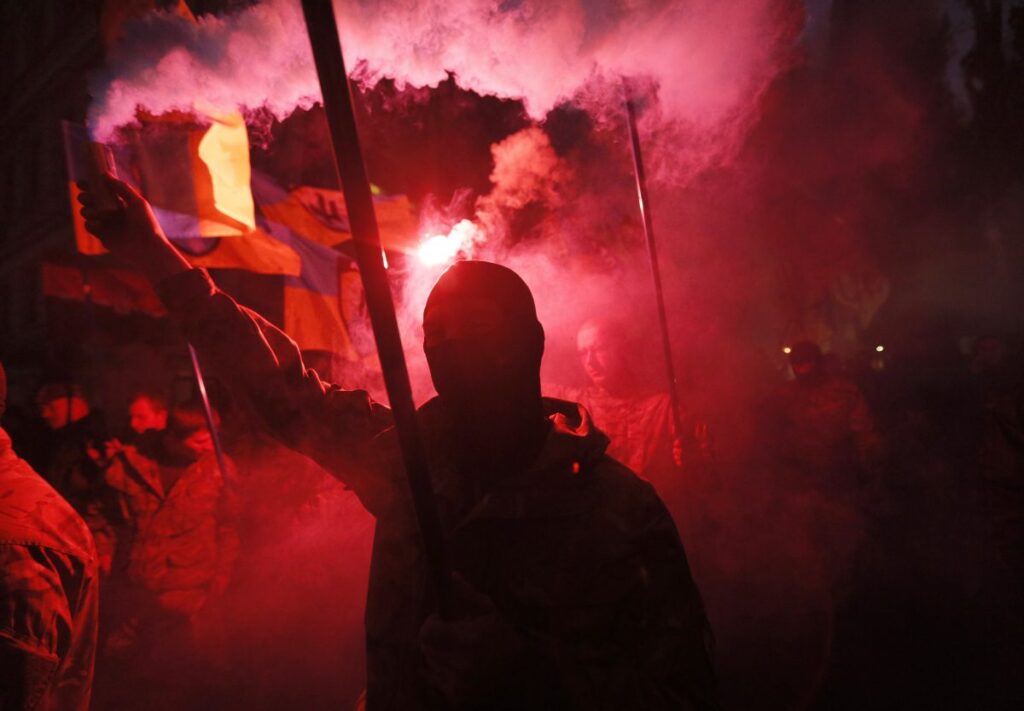Lid dvojí kategorie?
Slovenská sněmovna schválila zákon, který zvýhodní lidi, kteří jsou očkováni, před těmi, kdo ne. Tedy jen pokud epidemie znovu propukne a jen mírně. (Sousední poslance umírnil hlučící dav před budovou, původně mělo být bene opulentnější. Vypleněný americký Capitol je však ještě v živé paměti…)



